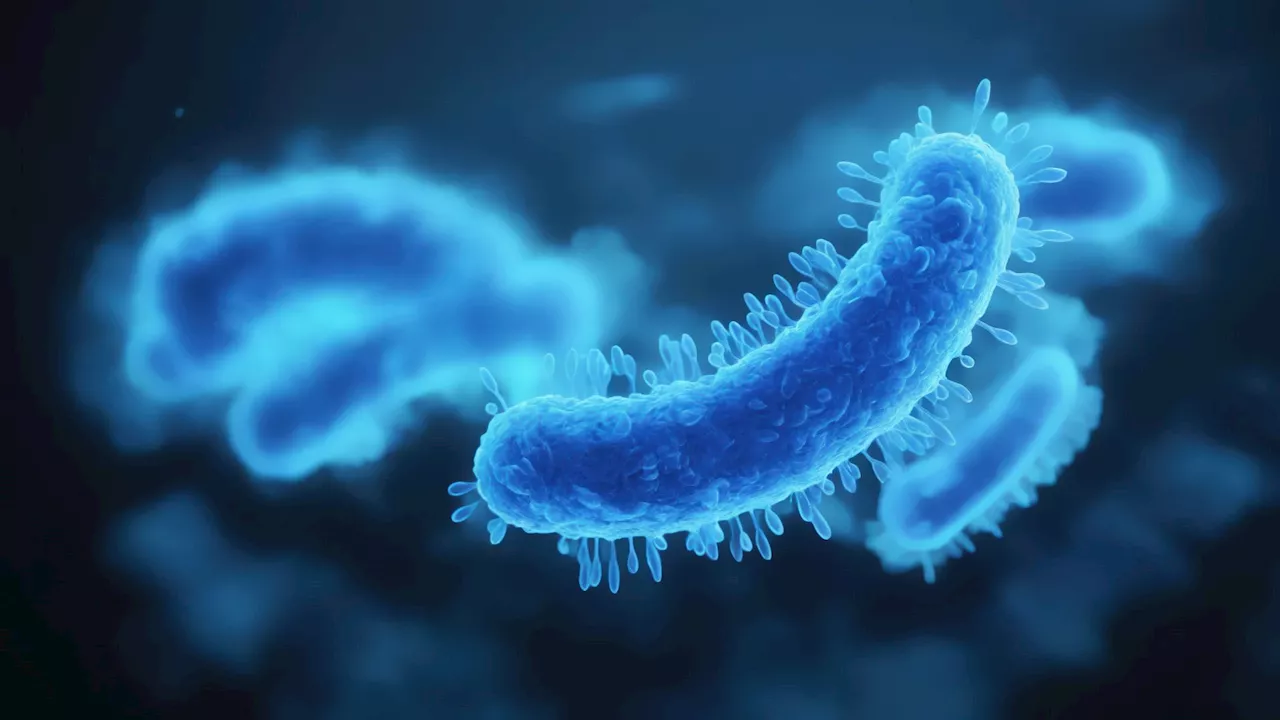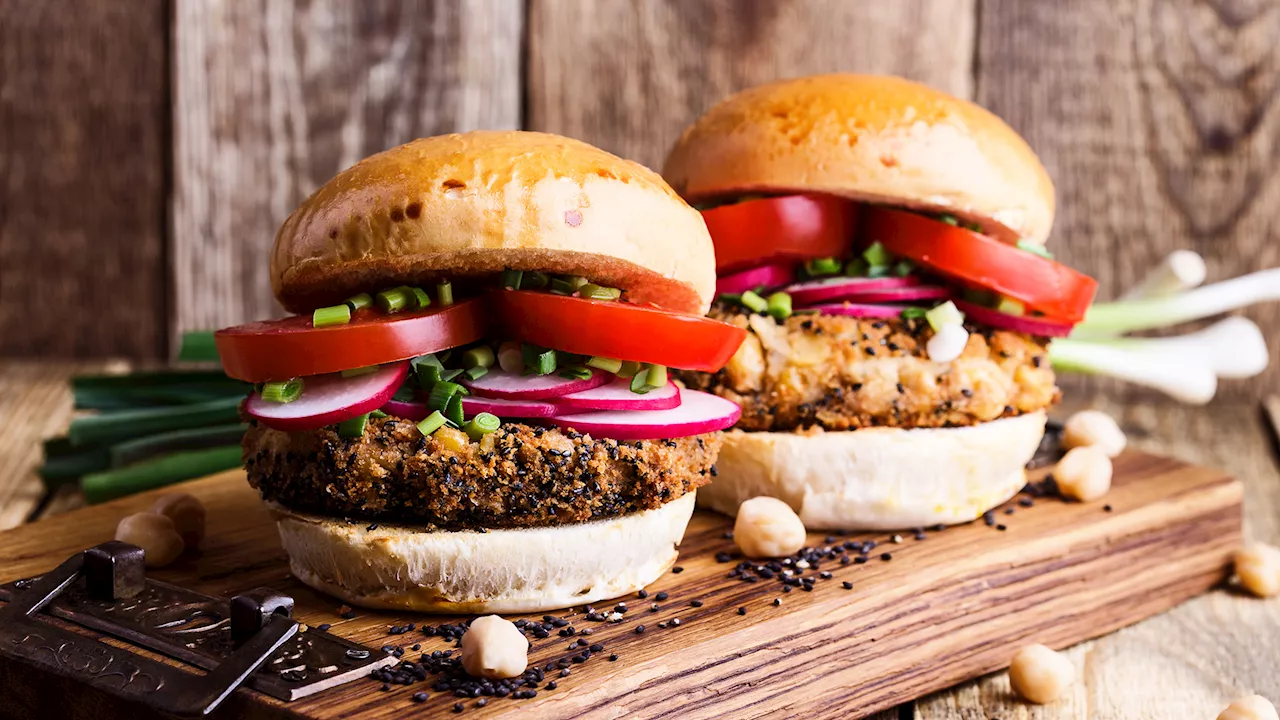Researchers have created a synthetic organism inspired by the bacteria Deinococcus radiodurans, known for its ability to withstand extreme radiation. This breakthrough could potentially allow humans to survive the high radiation levels encountered in deep space, on the Moon, and Mars.
A new study reveals the secret to the antioxidant that allows the bacteria Deinococcus radiodurans to withstand radiation doses 28,000 times greater than what would kill a human. Credit: Northwestern University), which are so-called because they can withstand extreme conditions. These include organisms that can survive in extremely dry conditions, extreme temperatures, acidity, pressure, and even the vacuum of space.
“It is this ternary complex that is MDP’s superb shield against the effects of radiation. We’ve long known that manganese ions and phosphate together make a strong antioxidant, but discovering and understanding the ‘magic’ potency provided by the addition of the third component is a breakthrough. This study has provided the key to understanding why this combination is such a powerful — and promising — radioprotectant.
Radiation Resistance Deinococcus Radiodurans Space Exploration Synthetic Biology Astrobiology
United States Latest News, United States Headlines
Similar News:You can also read news stories similar to this one that we have collected from other news sources.
 Radiation-resistant 'extremophile' microbe dubbed 'Conan the Bacterium' inspires new antioxidantMichael Schubert is a veteran science and medicine communicator. He writes across all areas of the life sciences and medicine but specializes in the study of the very small — from the genes that make our bodies work to the chemicals that could support life on other planets. Mick holds graduate degrees in medical biochemistry and molecular biology.
Radiation-resistant 'extremophile' microbe dubbed 'Conan the Bacterium' inspires new antioxidantMichael Schubert is a veteran science and medicine communicator. He writes across all areas of the life sciences and medicine but specializes in the study of the very small — from the genes that make our bodies work to the chemicals that could support life on other planets. Mick holds graduate degrees in medical biochemistry and molecular biology.
Read more »
 Killing drug-resistant infections: Scientists identify ‘Achilles heel’ of superbugsResearchers have found a magnesium-dependent weakness in resistant bacteria, offering a pathway for drug-free treatments against superbugs.
Killing drug-resistant infections: Scientists identify ‘Achilles heel’ of superbugsResearchers have found a magnesium-dependent weakness in resistant bacteria, offering a pathway for drug-free treatments against superbugs.
Read more »
 From Yemen to Mayotte, the spread of a highly drug-resistant cholera strainScientists have revealed the spread of a highly drug-resistant cholera strain.
From Yemen to Mayotte, the spread of a highly drug-resistant cholera strainScientists have revealed the spread of a highly drug-resistant cholera strain.
Read more »
 Bacteria's Secret to Radiation Resistance Holds Promise for Human Space TravelScientists have discovered the key to the radiation-resistant abilities of the bacterium Deinococcus radiodurans, potentially unlocking new possibilities for protecting humans during space exploration.
Bacteria's Secret to Radiation Resistance Holds Promise for Human Space TravelScientists have discovered the key to the radiation-resistant abilities of the bacterium Deinococcus radiodurans, potentially unlocking new possibilities for protecting humans during space exploration.
Read more »
 AI Can Mimic Human Personality After Just Two Hours of ConversationA new study reveals that AI can accurately replicate a person's personality based on a two-hour conversation. Researchers from Google and Stanford University created AI replicas of over 1,000 individuals using interviews and trained a generative AI model to mimic human behavior. The AI replicas demonstrated 85% accuracy in matching human responses to personality tests, social surveys, and logic games.
AI Can Mimic Human Personality After Just Two Hours of ConversationA new study reveals that AI can accurately replicate a person's personality based on a two-hour conversation. Researchers from Google and Stanford University created AI replicas of over 1,000 individuals using interviews and trained a generative AI model to mimic human behavior. The AI replicas demonstrated 85% accuracy in matching human responses to personality tests, social surveys, and logic games.
Read more »
 How plant-based meat alternatives mimic the real thingMeat has a distinct taste, texture, and aroma.
How plant-based meat alternatives mimic the real thingMeat has a distinct taste, texture, and aroma.
Read more »
